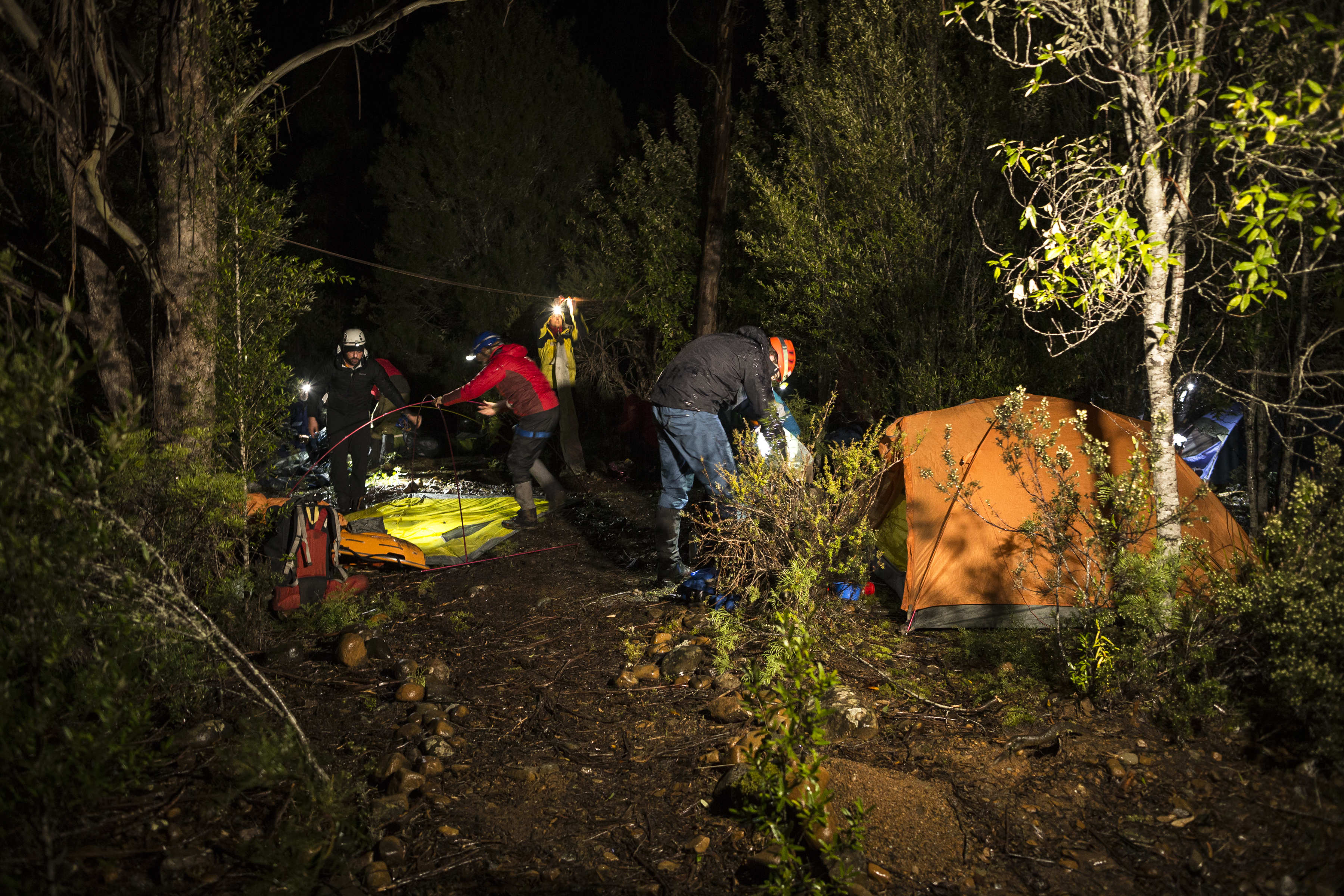Become an Australian Antarctic Medical Practitioner

The Australian Antarctic Division (AAD) is currently recruiting for Antarctic Medical Practitioners (AMP).
AMPs provide complete generalist medical, emergency surgical and emergency dental care for a remote community at an Australian Antarctic or sub-Antarctic research station. They also provide healthcare during voyages and in Antarctic and sub-Antarctic field environments.
The AMP is generally the sole medical practitioner on station, providing comprehensive health care services for 15 to 30 expeditioners over winter and up to 120 during summer (October to March). There may be up to 130 passengers and crew on expedition voyages.
The AAD’s Polar Medicine Unit focuses on recruiting for winter AMP positions (total employment 15 to 18 months, with 4 to 5 months of pre-departure training and 10 to 15 months in Antarctica and the sub-Antarctic). Shorter term appointments (including ship, summer station and field doctors) are typically filled by returning AMPs, who have previously completed the wintering pre-departure training.
Please note there are critical eligibility requirements:
- Australian Medical Registration Requirements – Full General Medical Registration (see AHPRA)
- Australian Citizenship requirements
Benefits you will receive:
- The annual base salary when in Australia starts from $157,881 – $230,244 per annum.
- Base salary + additional allowances when in Antarctica starts from $228,418 – $300,781 per annum.
- 24/7 remote advanced telemedicine support and training whilst down south.
- ACRRM accredited remote and Antarctic medicine predeparture training and upskilling (up to 5 months).
- Medical indemnity and professional development support.
- Opportunities for research and higher degrees in healthcare in remote and extreme environments. The AAD and CARMM has developed, with the University of Tasmania (UTAS), the Graduate Certificate in Healthcare in Remote and Extreme Environments and higher awards.
- A generous employer superannuation contribution of up to 15.4% will be paid in addition to salary and allowances.
- You will accrue recreation leave at the equivalent of 20 days per annum pro rata. (Please note that recreation leave is not available in Antarctica but will be paid out on return to Australia.)
For more information and to apply please visit https://jobs.antarctica.gov.au/jobs-in-antarctica/antarctic-medical-practitioners/antarctic-medical-practitioner/.
Applications close on 16 November 2025.
